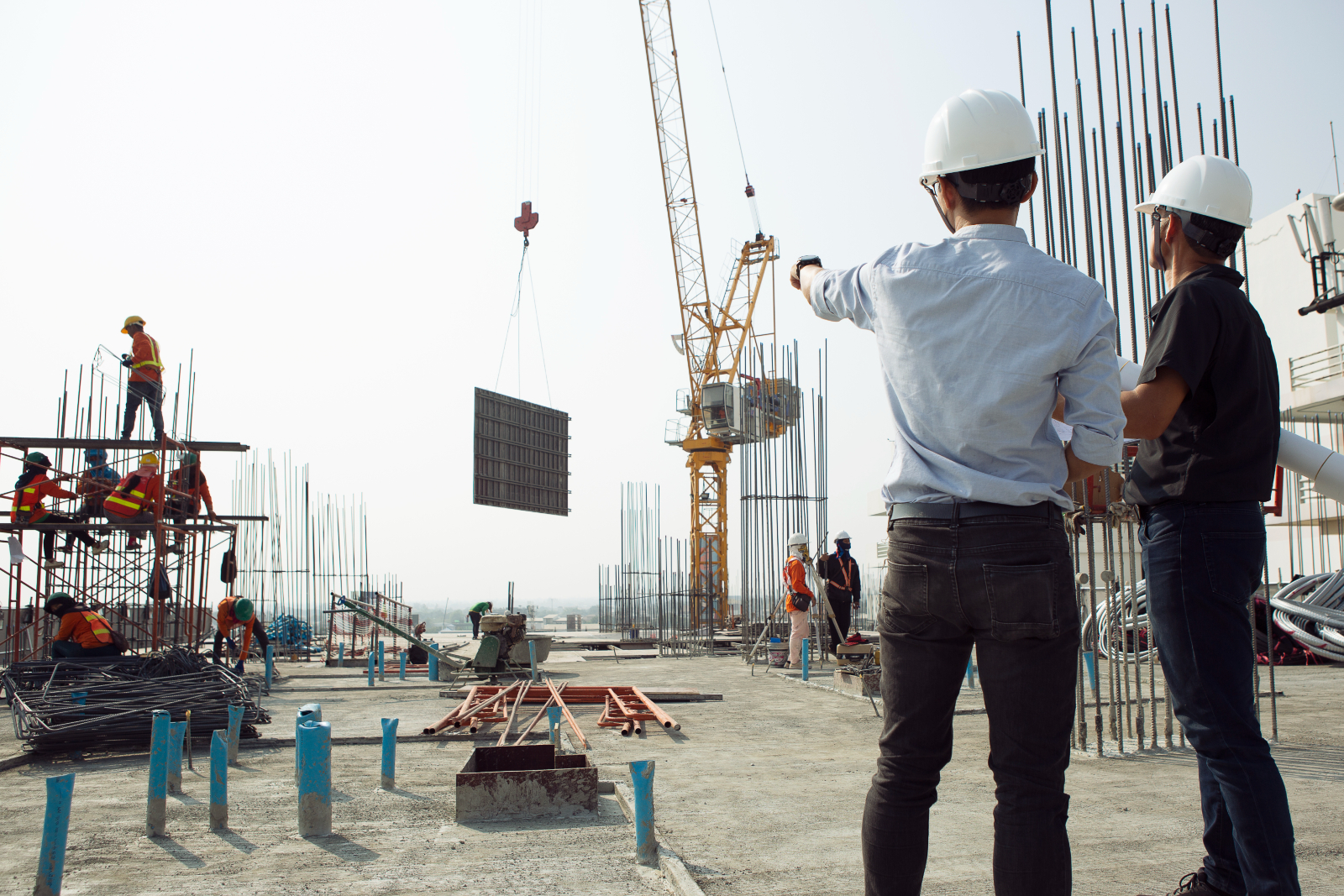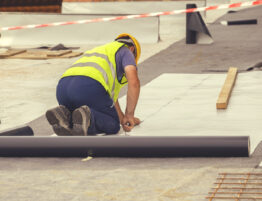
For any construction project, the position of Site Manager (sometimes referred to as Project Manager) is one of the most important. Whoever takes on this role must oversee the day-to-day management of on-site operations from start to finish (including pre-planning) and ensure all tasks are carried out with a focus on three key things – meeting timescales, keeping within budget and performing to the expected quality standards.
There’s no doubting that being a Site Manager is challenging but, as with many job roles, when some thought and time is given to being more effective, things can become easier and more enjoyable. If you’re wondering how to do this, here are our top five tips:
1. Work on your organisational skills
The problem with most construction sites is that there’s simply so much going on! To be effective, the Site Manager must not only be aware of everything that’s happening but also be able to schedule/ organise it efficiently.
While organisational skills may come naturally to some, others might need a little help. There are lots of training courses available for this, but some simple things you can do on a day-to-day basis include:
- Maintaining a detailed schedule of works and always keeping this on hand.
- Using email/ app features to allow you to see important messages at specific times of the day.
- Using a calendar to schedule important meetings and dates that are coordinated with other trades along with time for paperwork and on-site activity.
Additionally, there are a wide range of technological project management tools which can help Site Managers become better organised – for instance software that enables you to track tasks, manage inventory, schedule labour, monitor finances and so on.
2. Be prepared for the unexpected
Because of all the activity taking place on construction sites, there is always the potential for something to go wrong. The Site Manager must be able to deal with problems quickly but also get to the bottom of why it may have happened so that it can be prevented in the future.
A big part of being prepared for the unexpected is to eliminate as many ‘unexpected’ scenarios as possible. You can do this by taking some time to imagine them in advance, then putting control measures in place to prevent them from occurring and planning responses in the event that those control measures fail. In other words, this is all about understanding the risks that your project may bring about and making plans to eliminate or minimise them in advance.
3. Communicate, communicate, communicate
Practicing effective, consistent, honest and appropriate communications is a crucial part of being a good Site Manager. When this is done poorly, the manager may come up against difficulties in coordinating their team, clashes with other trades and costly errors.
Find ways of promoting open lines of communication between yourself and your team. Having quick but regular ‘team huddles’ for example, could allow you to find out how your team is doing, get their insights about the progress being made and demonstrate that you’re approachable. In many cases, such meetings won’t need to be any longer than 15 minutes but just be sure to really listen to your workers and act on their concerns.
With the world of work now used to using technologies like Zoom or Teams for meetings, remember you can keep up this type of communication even if you’re not able to be on-site in person.
4. Be involved
Unlike some other more office-based management roles, being a Site Manager in construction is a hands-on job. While there will, of course be times when paperwork demands you to be at a desk, it can be useful for your team to see you on-site – as a leader but also as a co-worker that’s willing to pitch in from time-to-time.
Getting involved in this way will help you to show your workers the importance of things like teamwork and cooperation, while enabling you to be seen as an approachable manager and gain insights that wouldn’t be obvious from a hands-off approach.
5. Keep up with the upgrades
If either the equipment or technology that you use is out of date, this can lead to all kinds of situations that could hinder the project’s success. Delays caused by the need to repair or replace equipment is just one example.
So, monitor your plant inventory well and try to anticipate what might need replacing before it becomes too much of a problem. Be sure to make purchases them from reputable companies and keep a record of guarantees and servicing requirements.
The same can be said for technologies that might help you manage your construction site better. With modern technologies changing so rapidly, the phrase “If the wheel’s not broken, don’t try to fix it” quite often doesn’t apply. In many cases, while the older version may still work fine, the upgrade could help you be more efficient and organised and/or do things better or faster. Review what technologies you’re using regularly, keep a watch on recommendations for upgrades and invest in something new should it prove beneficial.
Where will you start?
Being a Site or Project Manager requires lots of skills, the five mentioned above being just some of those. Others might be things like knowing when and how to delegate tasks, finding ways of recognising/ rewarding achievement and being able to problem-solve at short notice.
It’s also worth remembering that most of these management skills take time and practice to master so don’t worry if you think you’re not quite there yet! If you’ve read this far, this shows that at least you have the drive for improvement and are probably open to taking on new ideas. We hope these five tips will give you a starting point!
Let us know if you have any other effective site management tips/tools which other may also find useful. Comment over on our Facebook or LinkedIn pages.
02.03.2022
Feature image: Freepik








